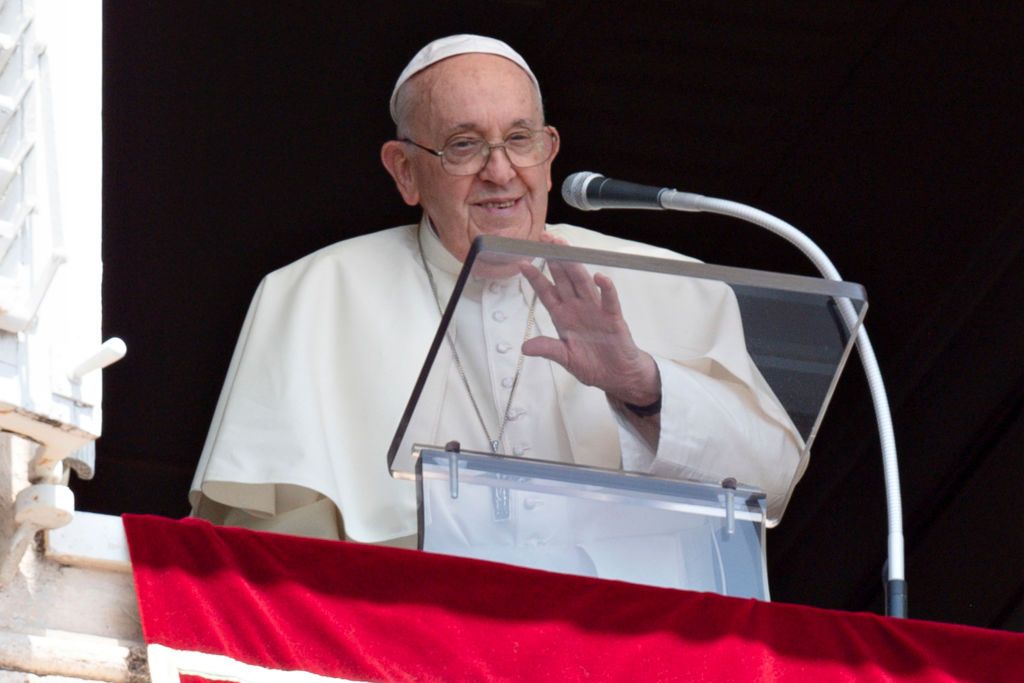During an Easter sermon on March 31, Pope Francis called for Russia and Ukraine to exchange all prisoners of war in a show of support for international law. Ukrainian officials have reported that Russia is currently holding at least 3,500 Ukrainian POWs, although the actual number is believed to be higher. Prisoner swaps have already taken place, with both countries exchanging 100 POWs each in February. However, a recent U.N. report has highlighted the widespread and systematic torture of Ukrainian POWs by Russian forces, revealing a blatant disregard for human dignity. One particular prison in Russian-occupied Donetsk Oblast, the Olenivka prison, was exposed for inhumane conditions of detention, hunger, and torture through interviews with witnesses and survivors.
The timing of Pope Francis’ call for the prisoner exchange coincides with the Easter celebrations of different Christian denominations in Ukraine. While Ukraine’s Catholics, Protestants, and Greek Orthodox Christians celebrate Easter Sunday on March 31 according to the Gregorian calendar, Orthodox Christians in the country follow the Julian calendar, resulting in Orthodox Easter falling on May 5 this year. This religious diversity reflects the cultural and historical influences in Ukraine, where different traditions are observed based on the Christian denomination.
The involvement of religious leaders such as Pope Francis in advocating for peace and humanitarian efforts in conflict zones like Ukraine underscores the importance of global solidarity. As the U.N. report sheds light on the atrocities committed against Ukrainian POWs, the call for justice and respect for international law becomes even more urgent. Pope Francis’ message of exchanging all prisoners of war serves as a reminder of the need for compassion and humanity in times of conflict, emphasizing the fundamental rights of prisoners to be treated with dignity and respect.
The exchange of prisoners between Russia and Ukraine is a complex political and humanitarian issue that requires international attention and support. As Pope Francis and other leaders call for a general exchange of all prisoners, including POWs, the focus shifts towards humanitarian efforts to protect the rights and wellbeing of those affected by the conflict. The reports of torture and inhumane treatment in Ukrainian prisons highlight the urgency of addressing these violations and ensuring accountability for the perpetrators. By standing in solidarity with Ukraine and supporting independent journalism that exposes such violations, individuals can contribute to the fight for justice and human rights in the region.
In the midst of ongoing conflict and humanitarian challenges in Ukraine, the Easter message of hope and renewal takes on a profound significance. As Christians in the country and around the world celebrate the resurrection and promise of new life, the call for peace and justice resonates strongly. The exchange of prisoners, as advocated by Pope Francis and supported by various religious and political leaders, represents a step towards reconciliation and healing in Ukraine. By upholding the principles of international law and human rights, the international community can work towards a more just and compassionate world for all.


